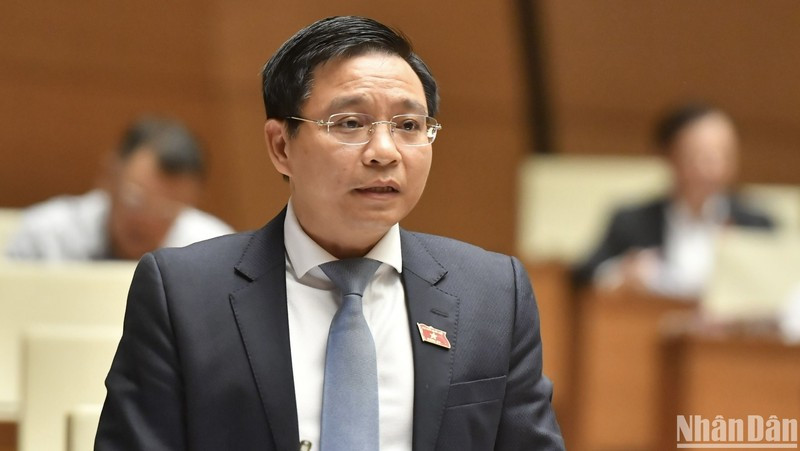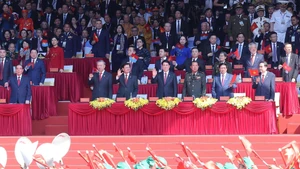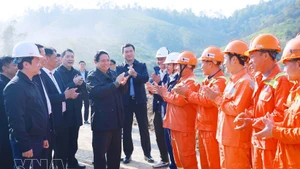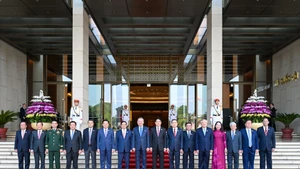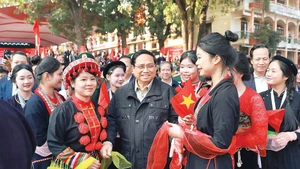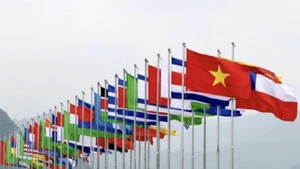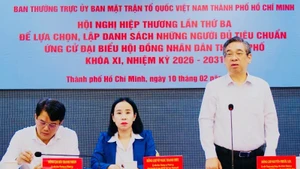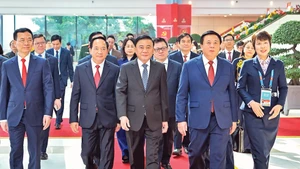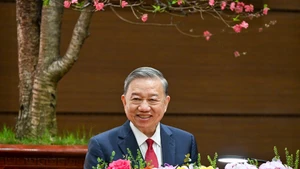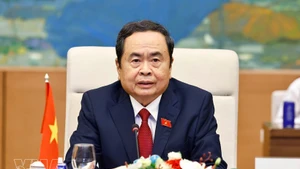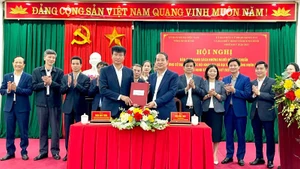At the Q&A session of the ongoing 15th NA’s sixth sitting, Thang emphasised the need to change the mindset in attracting investment to PPP infrastructure projects.
Allowing the transfer of toll fee collection rights or opening a bid for the toll fee collection can help attract more capital from the private sector to transport infrastructure projects.
On June 18, 2020, the NA passed the Law on Public-Private Partnership which establishes an umbrella legal framework for all PPP projects and aims to attract more private investment to the development of Vietnam's infrastructure.
According to the law, the state capitaql at PPP projects is capped at 50%. Recently, ministries and agencies have proposed to raise the limit.
At the Q&A, NA deputy Pham Thuy Chinh from the northern mountainous province of Ha Giang questioned the minister that if increasing the proportion of the State capital can become another form of public investment.
What the Government needs to do is to commit to fulfilling its obligations in PPP projects such as buying back projects if there is a problem from the State, and balancing capital share and sharing with businesses when revenue decreases, she said.
She stressed the need to concentrate on the entire project life cycle including operation, maintenance, exploitation, and service provision, instead of only the construction phase. "It is necessary to avoid consider PPP investment as public investment or pure private investment," she said.
Deputy Vu Tien Loc from Hanoi said that the proportion of the State capital must be based on specific projects and specific phases of the projects.
Loc called for amendments to the PPP Law to make it more practical, not only in transport projects but others in the education and healthcare sectors.
Minister Thang said that PPP projects are facing difficulties, which reduces investors’ trust. Since the PPP Law was approved, few enterprises have been interested in PPP projects. So he proposed to amend the law in the coming time.
